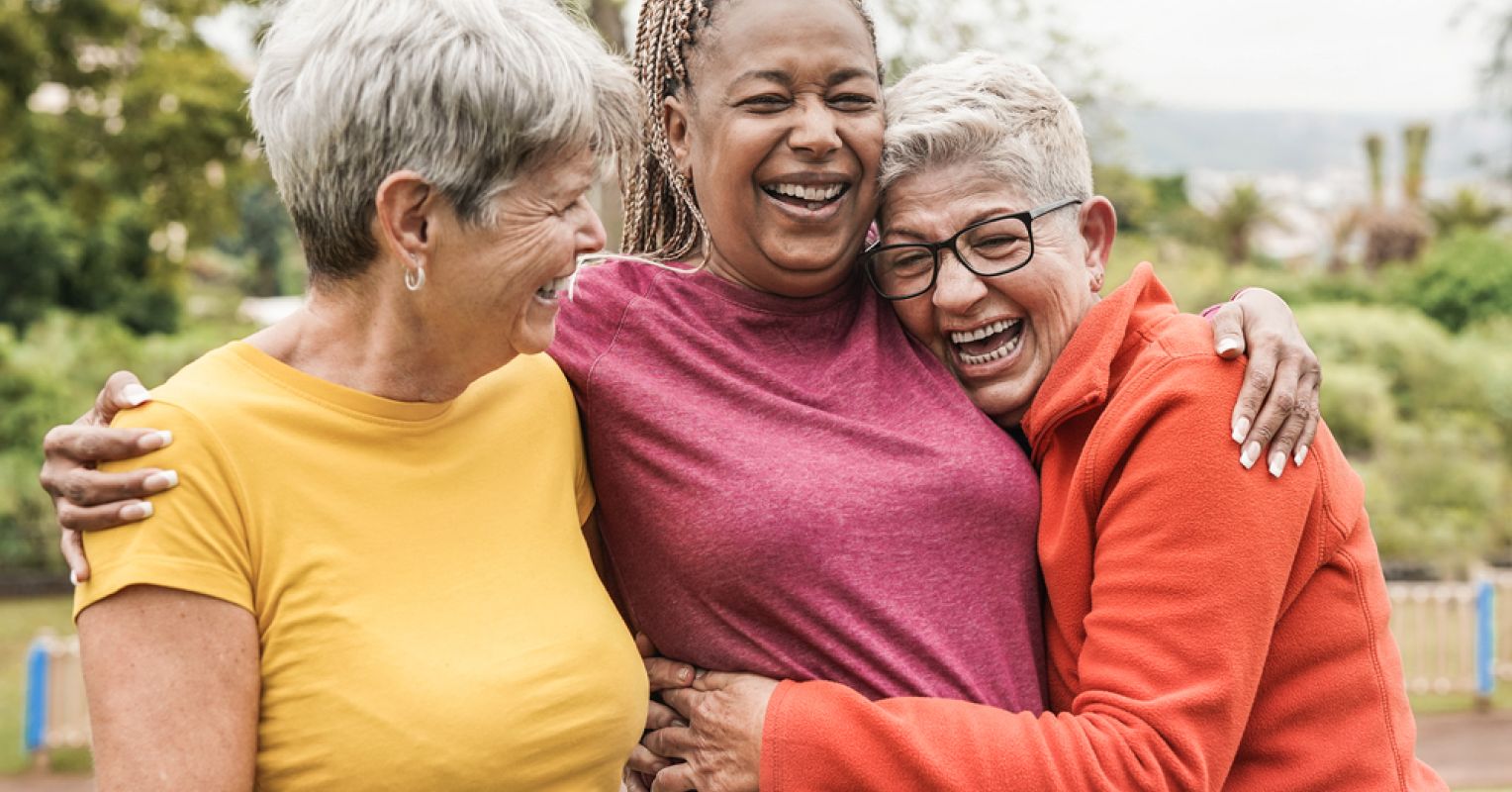
"I arrived at his office door, rang the bell, and a vigorous man with a booming voice answered and beckoned me to come in. The first thing he said was, "There will be no mention of age during our meeting. You will not use words like 'older' or '90s' or ask me any questions that in any way refer to the amount of time I have been alive. Now let's begin. I am a very busy man because I run six different companies.""
"The leader invited the participants to describe beliefs that they found the society around them held about aging. The list was long: An older woman should not have long hair or wear short skirts or shorts. They shouldn't complain about illnesses or give details when people ask. They should get hearing aids and stop saying, "Can you repeat that?" They need to make efforts to learn the slang young people use and stop talking about what it was like when they were young."
A 94-year-old spiritual leader refused any mention of age during a meeting, insisting that labels and stereotypical views about long life are limiting, self-defeating, and depressing. A Santa Fe workshop cataloged common societal beliefs about aging, including prescriptions for older women's appearance, behavior, and speech, and pressures to adopt youth slang and hide ailments. Individuals resist imposed roles: a 56-year-old woman refuses to wear age-stereotyped clothing, while a 69-year-old moved to Panama to escape helplessness and rebuild social connections. These examples show how social expectations shape self-perception and how personal choices can redefine later life.
Read at Psychology Today
Unable to calculate read time
Collection
[
|
...
]